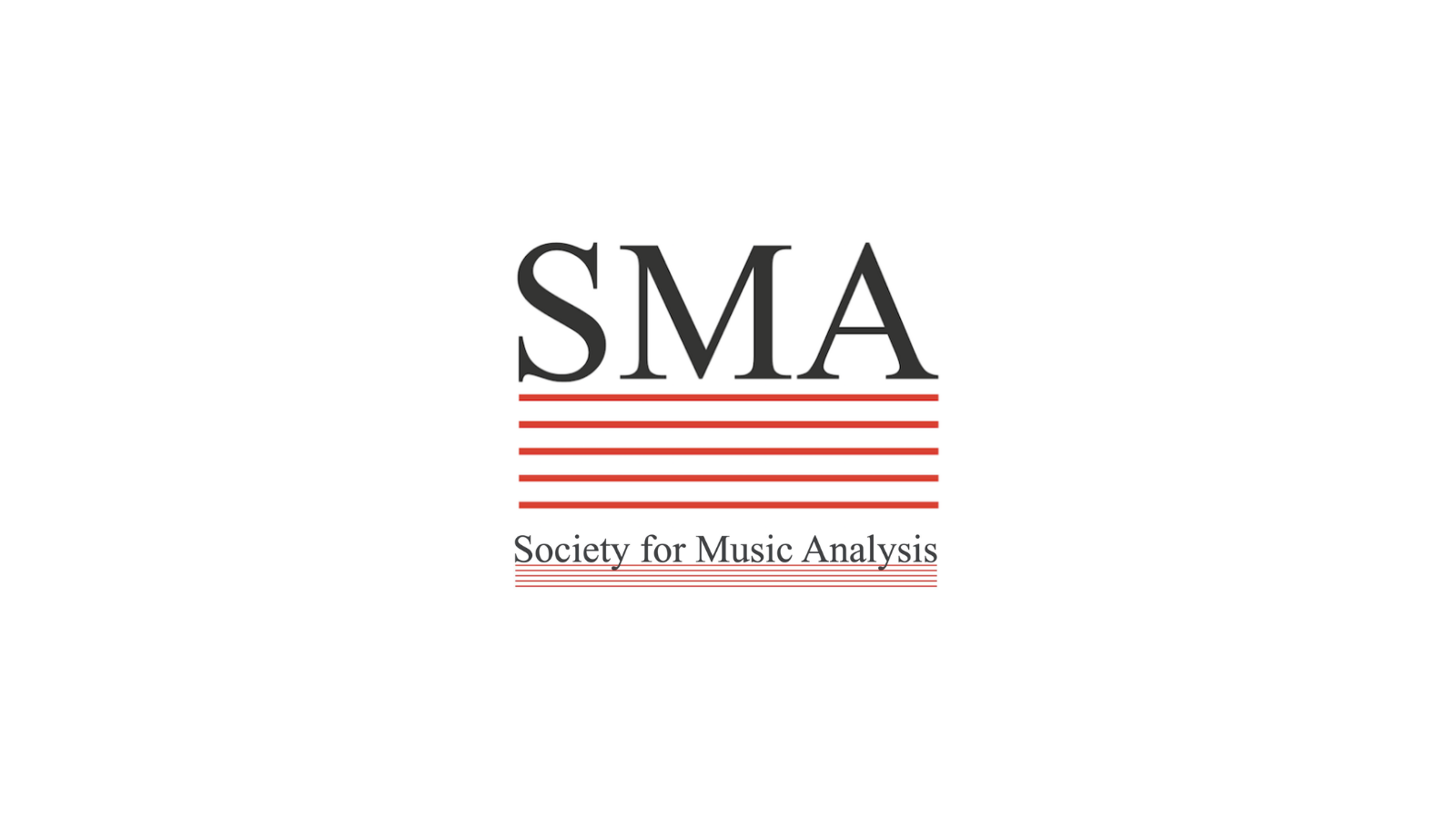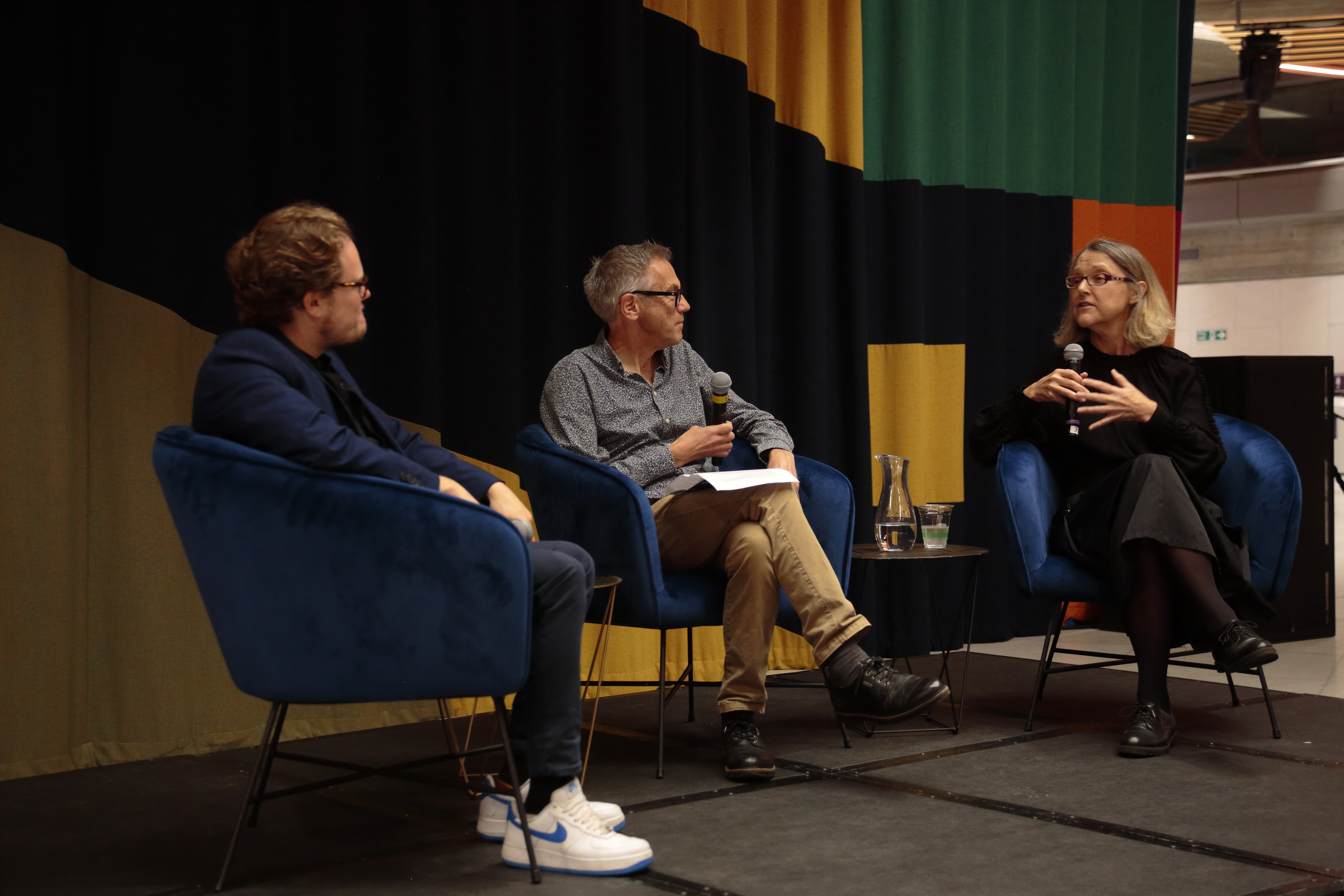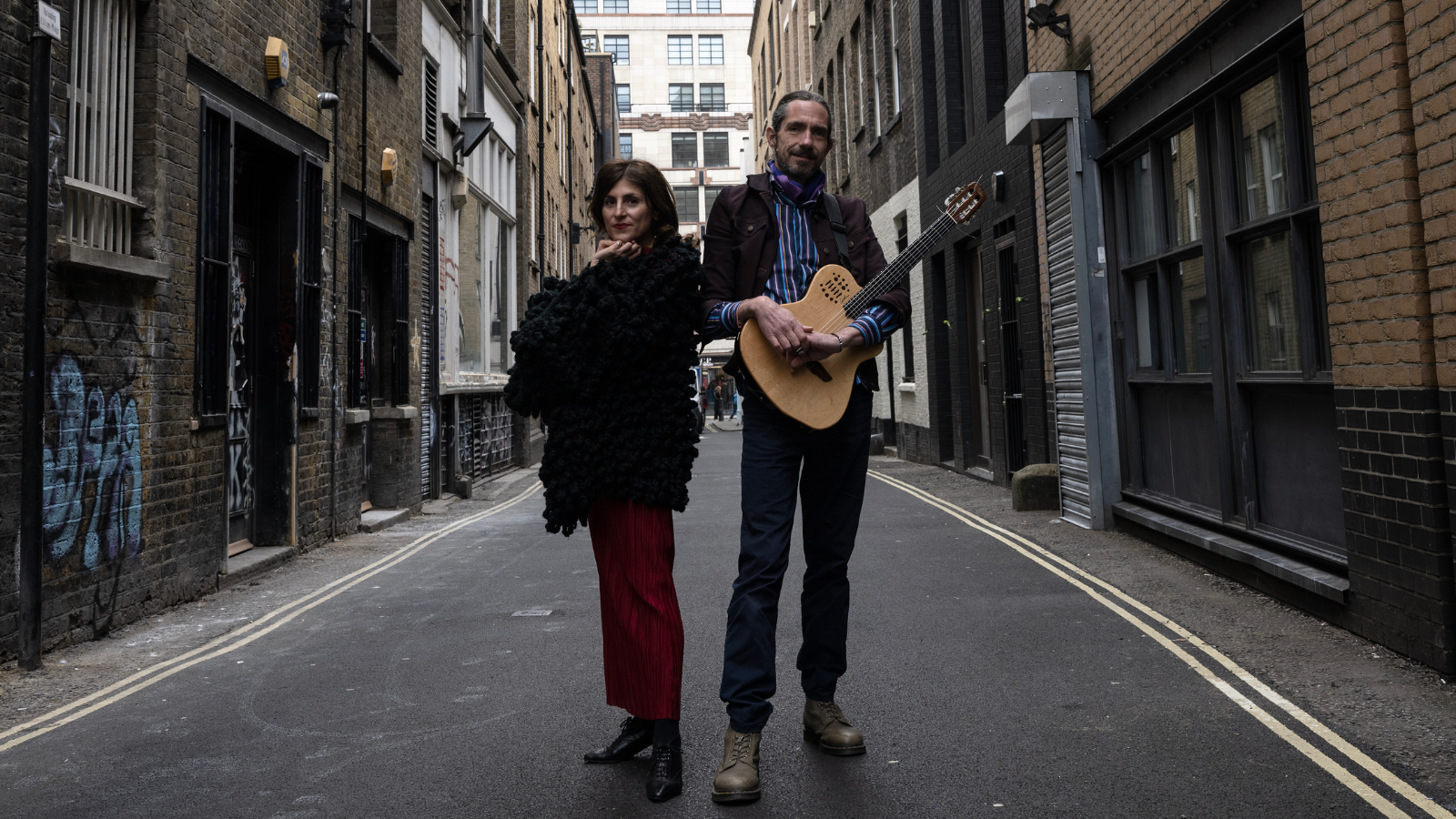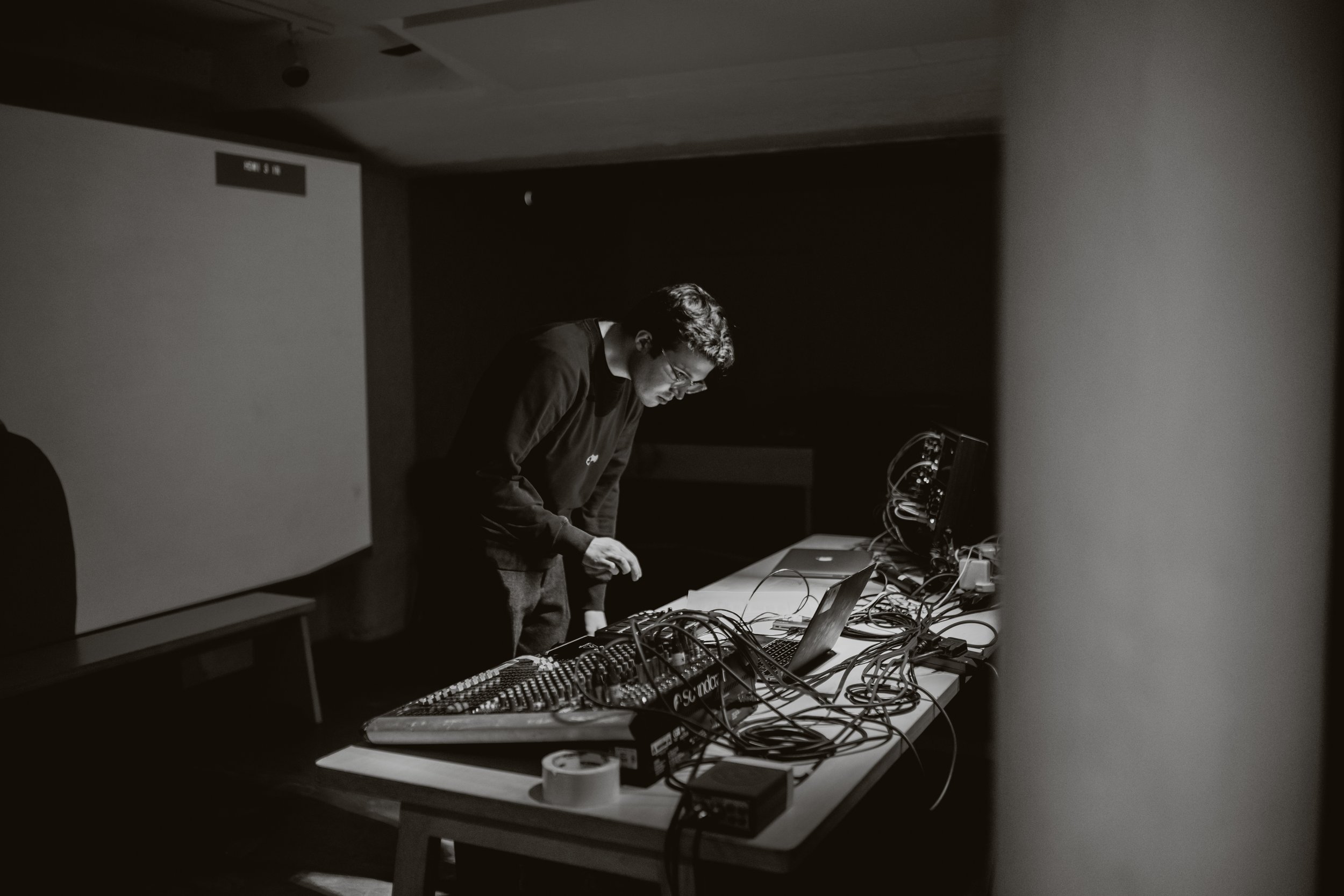Dr Mark Berry, Reader in Music History and Head of Music Department, will give a lecture of the Wagner Society in London later this month.
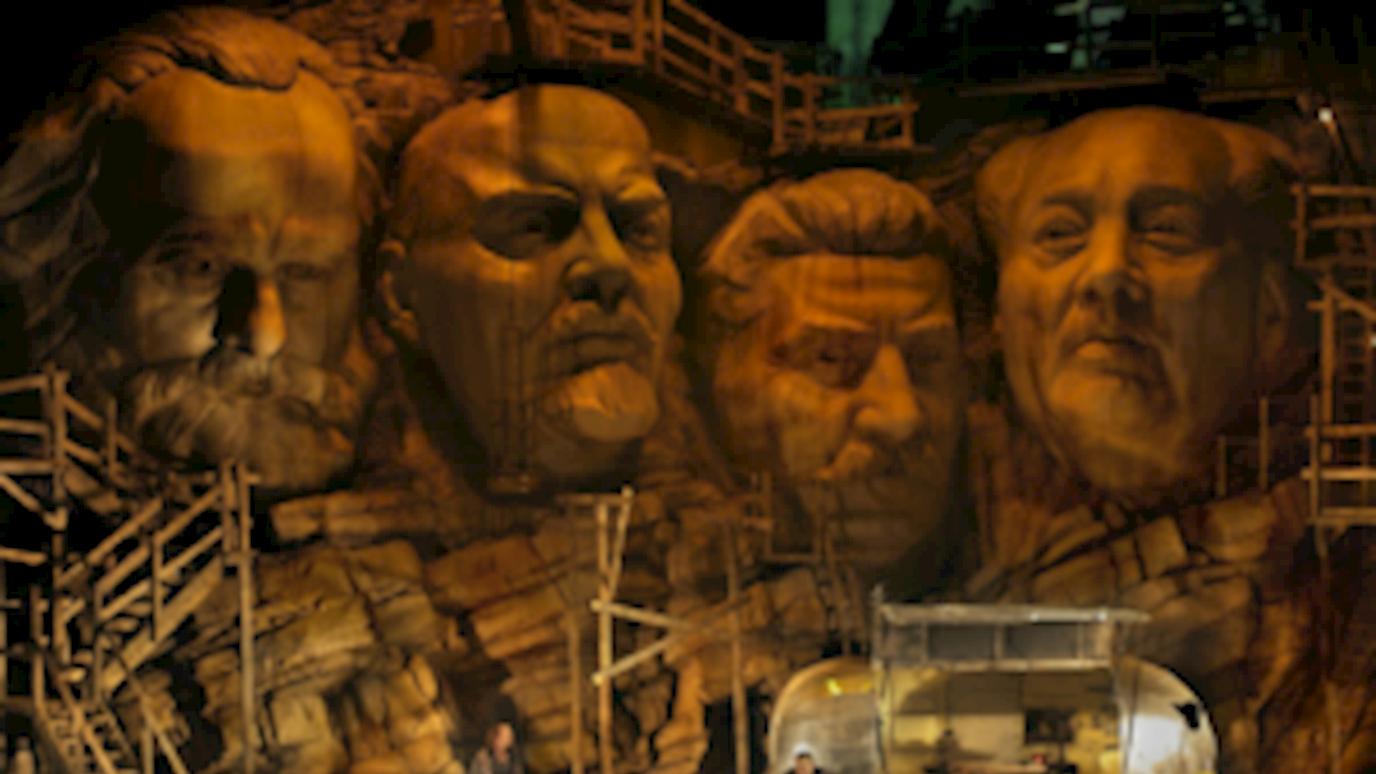
Stage design for Frank Castorf's production of 'Siegfried'
Dr Mark Berry, Reader of Music History and Head of the Music Department, will be giving a lecture at the Wagner Society in London later this month.
Mark's lecture is titled '"I saw the world (fail) to end": Revolution and non-revolution in the Rings of Richard Wagner and Frank Castorf'.
See below for the full abstract for the lecture:
Wagner formulated his Ring project in the white heat of revolutionary excitement and involvement. He said that he intended ‘to make clear to the men of the Revolution the meaning of that Revolution, in its noblest sense,’ words and ideas inevitably transformed by the decreasing likelihood of another revolutionary outbreak and Wagner’s increasing preoccupation with the ‘pessimistic’ philosophy of Schopenhauer. The (East) German director Frank Castorf’s postdramatic Bayreuth Ring (2013-17) travelled, at least in some respects, a similar journey. My main interest here lies with Siegfried and Götterdämmerung, where Wagner deals with the apparent moment of revolution—Siegfried’s shattering of Wotan’s spear of law—and its unexpected nature and outcome. How does Castorf’s alternative historical line, symbolised by a Marx-Lenin-Stalin-Mao Mount Rushmore revolving to reveal a post-GDR, late-capitalist Berlin Alexanderplatz, correspond to and conflict with Wagner? How was Wagner transformed by Castorf but also, increasingly, Castorf by Wagner?
Dr Mark Berry has written extensively on Wagner's music, including Treacherous Bonds and Laughing Fire: Politics and Religion in Wagner’s ‘Ring’ (2016) and, together with Nicholas Vazsonyi, editing The Cambridge Companion to Wagner's Der Ring Des Nibelungen (2020).
For further details on Mark's talk, including booking information, see the Wagner Society website: https://wagnersociety.org/events/dr-mark-berry/










